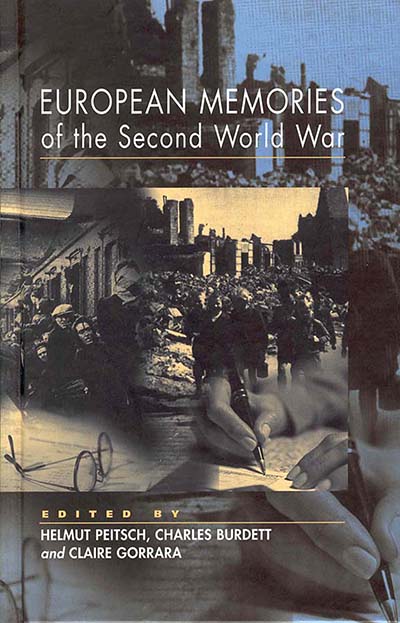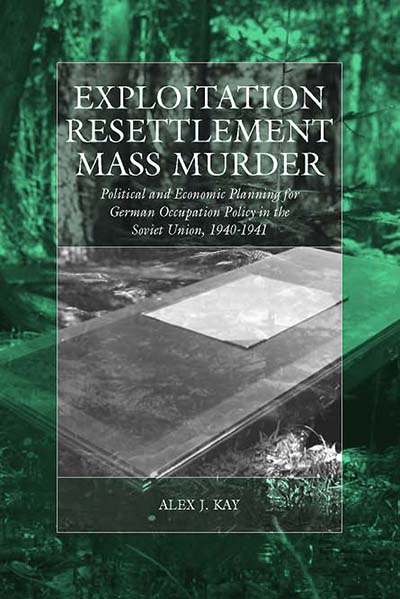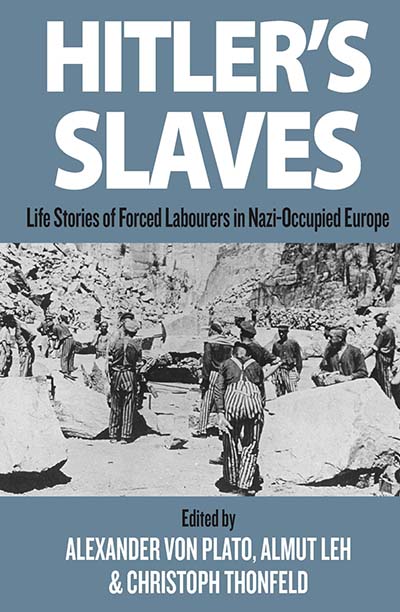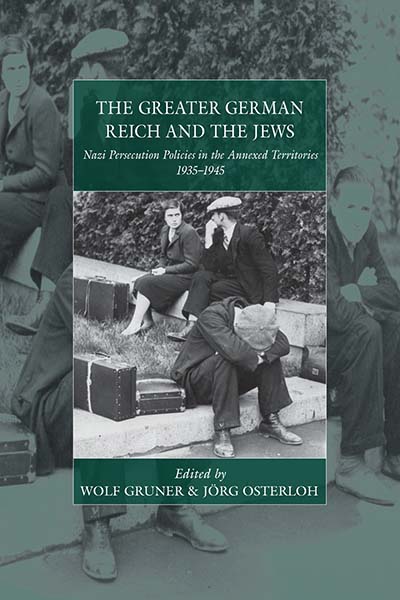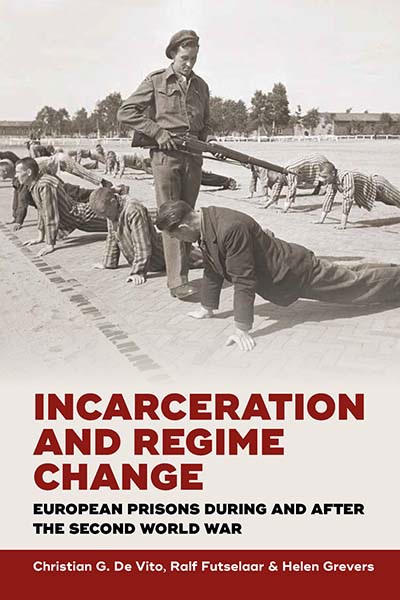
See Related
History JournalsEmail Newsletters
Sign up for our email newsletters to get customized updates on new Berghahn publications.
Incarceration and Regime Change
European Prisons during and after the Second World War
Edited by Christian G. De Vito, Ralf Futselaar, and Helen Grevers
184 pages, bibliog., index
ISBN 978-1-78533-265-4 $135.00/£104.00 / Hb / Published (October 2016)
eISBN 978-1-80758-791-8 eBook
Reviews
“This is an interesting and thought-provoking edited volume that adds greatly to our understanding of incarceration practices during wars and regime changes and would be recommended reading for anyone wishing to pursue the topic.” • European History Quarterly
“This volume brings together pioneering work that provides a welcome perspective not only on the treatment of prisoners, but also on how they were understood during the Second World War—a crucial issue in light of the fact that these were people interned not so much for what they did, but who they were.” • Raffael Scheck, Colby College
Description
Political instability is nearly always accompanied by fuller prisons, and this was particularly true during the “long” Second World War, when military mobilization, social disorder, wrenching political changes, and shifting national boundaries swelled the ranks of the imprisoned and broadened the carceral reach of the state. This volume brings together theoretically sophisticated, empirically rich studies of key transitional moments that transformed the scope and nature of European prisons during and after the war. It depicts the complex interactions of both penal and administrative institutions with the men and women who experienced internment, imprisonment, and detention at a time when these categories were in perpetual flux.
Christian G. De Vito is Research Associate at the University of Leicester. He has published extensively on the social history of prisons, convict labour, and prisoners’ movements.
Ralf Futselaar is a social historian of violence. He has published on the history of malnutrition, war-related mortality, war traumas, black markets, colonial soldiers, violent women, forced labor and imprisonment. He is currently a researcher at the NIOD Institute for War, Holocaust and Genocide Studies and a lecturer at Erasmus University, Rotterdam.
Helen Grevers is a postdoctoral researcher in the Department of History at Ghent University. She has published on collaborators in the Netherlands and Belgium and now works on the research project “Collaborators, Justice and Society: A Social History of the Punishment of Collaboration in Belgium after WWII.”

